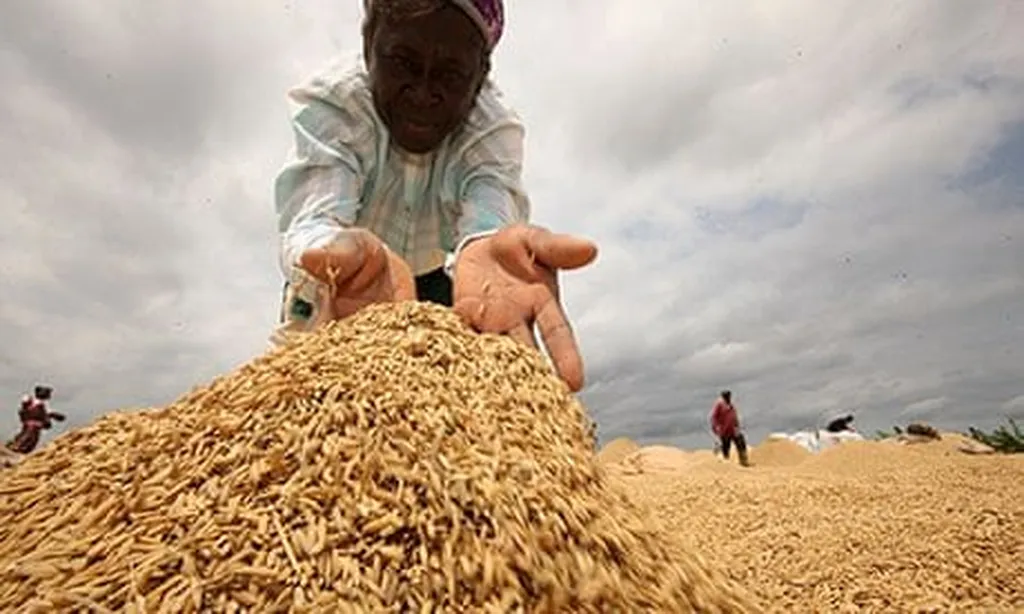In the rolling hills and verdant valleys of the Eastern Cape, a quiet revolution is taking root, one garden at a time. A recent study led by Baphumelele Z. Msengana from the African Centre for Food Security at the University of KwaZulu-Natal has shed light on how home gardens are becoming a cornerstone of food security and economic resilience in rural South Africa. The research, published in the journal *Cogent Food & Agriculture* (which translates to *Thoughtful Food & Agriculture*), offers a compelling narrative of hope and practical solutions for communities grappling with food insecurity.
Msengana and his team conducted a comprehensive survey of 160 households in the Umzimvubu Local Municipality, a region where food insecurity has long been a pressing challenge. The study revealed that households engaged in home gardening were 52% more food secure than those that were not. This finding underscores the transformative potential of home gardens as a livelihood strategy, particularly in areas where access to nutritious and affordable food is limited.
“Home gardens are not just about growing vegetables; they are about growing hope and resilience,” Msengana explained. “They provide a steady source of food, diversify household income, and empower communities to take control of their own food security.”
The study identified several key determinants of food security among gardening households. Larger household sizes, employment opportunities, income diversity, and access to extension services were all positively correlated with improved food security outcomes. Conversely, factors such as the age of the household head, larger farm sizes, and higher food expenditures were found to negatively influence food security. These insights highlight the complex interplay of socio-economic factors that shape food security in rural communities.
However, the path to sustainable home gardening is not without its challenges. The study identified several constraints, including limited financial support, theft, land shortages, labor constraints, unpredictable climate conditions, and weak extension services. Addressing these challenges will be crucial to ensuring the long-term success of home gardening initiatives.
“To make home gardens a sustainable livelihood strategy, we need a multi-faceted approach,” Msengana noted. “This includes subsidized inputs, training programs, and stronger support from government and non-governmental organizations. Engaging the youth in these initiatives is also vital for their long-term sustainability.”
The findings of this study have significant implications for rural development and sustainable agriculture. By promoting home gardening, communities can enhance their food security, improve their economic resilience, and build a more sustainable future. The research also underscores the need for targeted policies and interventions that address the unique challenges faced by rural households.
As the world grapples with the growing challenges of food insecurity and climate change, the lessons from Umzimvubu Local Municipality offer a beacon of hope. Home gardens are not just a means of subsistence; they are a pathway to empowerment, resilience, and sustainable development. By investing in these initiatives, we can help build a future where every community has access to nutritious food and the means to thrive.
In the words of Msengana, “The future of food security lies in the hands of the communities themselves. By empowering them with the tools and knowledge they need, we can create a more food-secure and resilient world.”

